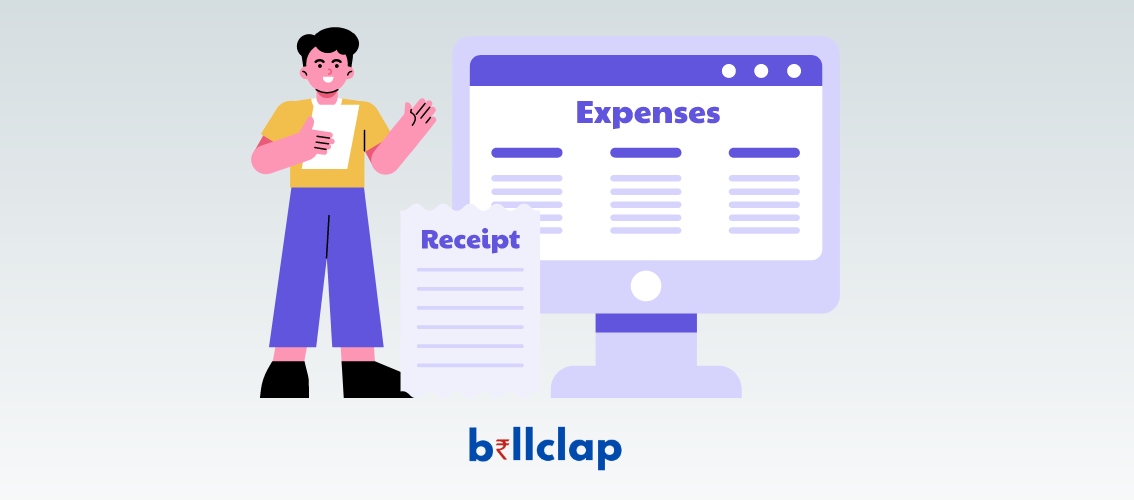
Benefits of expense tracking:
Financial Control and Visibility:
Expense tracking provides businesses with a clear view of where money is being spent. It helps in understanding cash flow patterns and identifying areas where costs can be controlled or reduced.
Budget Management:
By tracking expenses, businesses can create and adhere to budgets more effectively. This prevents overspending and ensures resources are allocated optimally across different departments or projects.
Tax Compliance:
Accurate expense tracking is crucial for tax purposes. It helps in documenting deductible expenses and ensures compliance with tax regulations, thereby minimizing the risk of audits or penalties.
Expense Reimbursement:
For businesses that reimburse employees for expenses, tracking ensures timely and accurate reimbursements. It simplifies the process of verifying expenses and reduces the likelihood of errors or discrepancies.
Decision Making:
Expense data provides valuable insights for strategic decision-making. It helps in identifying cost-saving opportunities, evaluating the profitability of projects or clients, and forecasting future expenses.
Audit Trail and Accountability:
Detailed expense records serve as an audit trail, providing transparency and accountability within the organization. This is important for internal audits, investor scrutiny, or regulatory compliance.
Benefits of Using Expense Tracking Software like BillClap:
Automation and Efficiency:
Expense tracking software automates the process of capturing, categorizing, and reconciling expenses. This saves time and reduces the administrative burden on employees and finance teams.
Real-Time Visibility:
Software like BillClap provides real-time visibility into expenses across the organization. Managers and decision-makers can access up-to-date financial data anytime, anywhere.
Integration with Other Systems:
Many expense tracking software solutions integrate seamlessly with accounting, ERP, or payroll systems. This ensures consistency in financial data and eliminates manual data entry errors.
Policy Enforcement:
Expense tracking software can enforce expense policies automatically. It flags non-compliant expenses, sets approval workflows, and ensures adherence to company spending guidelines.
Analytics and Reporting:
Advanced reporting and analytics tools in expense tracking software allow businesses to analyze spending patterns, identify trends, and make data-driven decisions to optimize expenses.
Security and Compliance:
Leading expense tracking software providers prioritize security and compliance. They implement robust data encryption, access controls, and adhere to industry standards to protect sensitive financial information.
In conclusion, expense tracking is not just about recording expenditures but is a strategic tool that enables businesses to manage finances effectively, enhance decision-making, and ensure compliance with financial regulations. Utilizing software like BillClap further enhances these benefits by streamlining processes, improving visibility, and providing actionable insights for financial management.